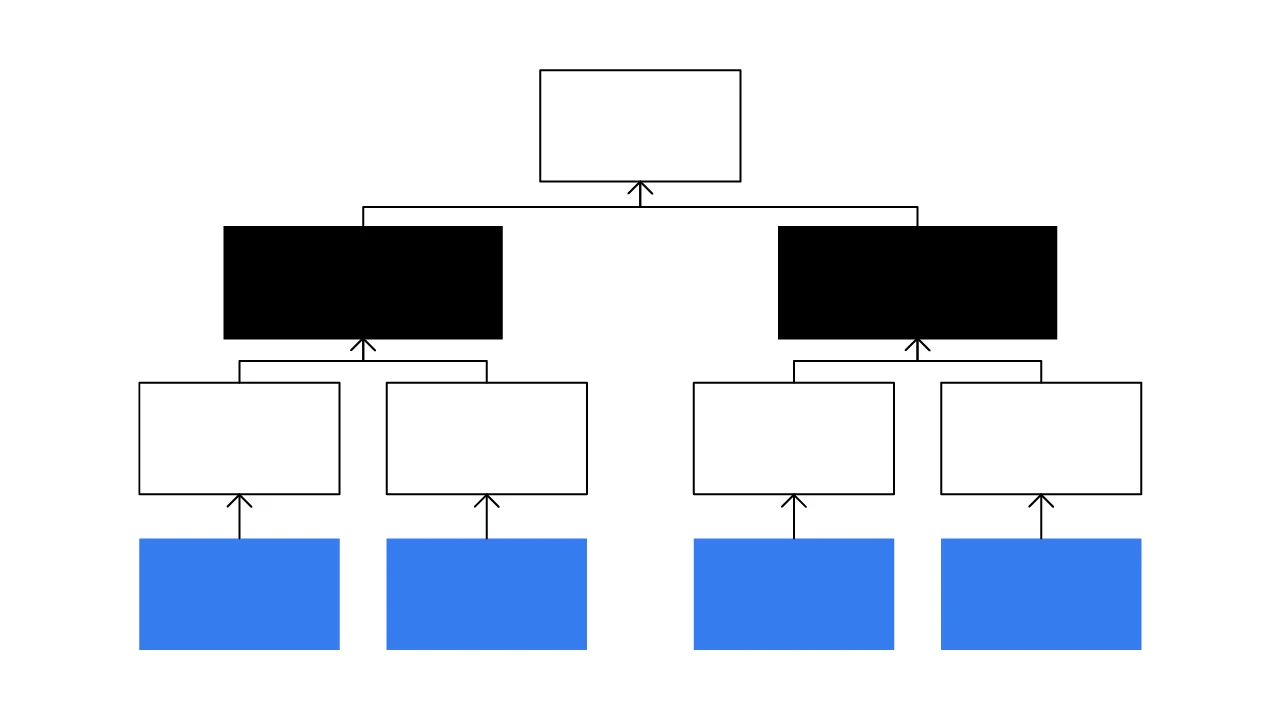Contents
What Is a Block Explorer?
Block explorers enable you to search for information on a particular blockchain.
Updated June 28, 2022 • 2 min read

Summary
Block explorers are one of the most important tools in a crypto enthusiast’s arsenal. They provide an online interface for searching a blockchain, and enable you to retrieve data about transactions, addresses, blocks, fees, and more. Each block explorer provides data about a particular blockchain, and the type of information included will vary depending on the architecture of the blockchain it serves.
The Block Explorer: A Window into the Blockchain
Blockchain technology is often lauded for its transparency, and block explorers are a key part of this value proposition. A block explorer is an online tool that enables you to search for real-time and historical information about a blockchain, including data related to blocks, transactions, addresses, and more.
Every block explorer contains information about one particular blockchain — you cannot use a single explorer to retrieve information about Bitcoin and Ethereum; you’d need a Bitcoin block explorer and Ethereum block explorer, respectively. However, some sites host block explorers for multiple blockchains. Popular block explorer providers for Bitcoin and Ethereum include etherscan.io, blockstream.info, blockchain.com, and CoinMarketCap, among others.
Why Use a Block Explorer?
Block explorers have potential utility for traders, miners, validators, businesses, and enthusiasts alike. You can use a block explorer to check the status of a transaction if you’re buying or selling crypto. You can also acquire information associated with your blockchain address, including your transaction history, the total value of the assets held at the address, the total amount of crypto received at the address, and the total amount of crypto sent from the address, among other data points.
Miners can use block explorers to check if they’ve successfully mined a block, and businesses can analyze transaction data related to their projects. Likewise, anyone can use block explorers to monitor the activity of whales and individuals with known blockchain addresses. For example, monitoring addresses known to belong to Satoshi Nakamoto is a favorite community pastime.
Block explorers also enable enthusiasts to find technical information about the inner workings of the blockchain, such as latest transactions and blocks, block difficulty, hash rate, block height, transaction fees, transaction volume, and more. Likewise, a block explorer can provide market data such as the circulating supply, maximum supply, and market capitalization of a cryptocurrency.
It is important to note that the information a block explorer contains may vary depending upon the architecture of the blockchain it serves. For example, a block explorer for a Proof-of-Work (PoW) blockchain will display data about miners, whereas a block explorer for a Delegated Proof-of-Stake (DPoS) blockchain will display information about block producers and elections.
How to Use a Block Explorer
When you visit a block explorer site, you will likely see a main search bar that enables you to retrieve specific types of information — typically wallet addresses, transaction hashes, and block numbers, though this varies by explorer and by blockchain. Likewise, the homepage of most block explorers often displays data about the latest transactions and blocks.
To view data related to a particular transaction, type the transaction hash or ID into the search bar — this will be given to you by your wallet software when you initiate the transaction. The block explorer will indicate whether your transaction has been confirmed or if it is still processing. You can also view your transaction by searching for the address of the wallet you sent it from. Make sure that you enter your public key address and not your private key address when searching. Searching for your transaction by the block in which it was included is not recommended, as the block is likely to contain many other transactions.
It’s perhaps helpful to conceptualize a block explorer like a search engine for a blockchain. These useful tools provide insight into every aspect of a blockchain’s functioning — from consensus mechanism to transaction history — and are an essential tool in navigating the blockchain ecosystem.
Cryptopedia does not guarantee the reliability of the Site content and shall not be held liable for any errors, omissions, or inaccuracies. The opinions and views expressed in any Cryptopedia article are solely those of the author(s) and do not reflect the opinions of Gemini or its management. The information provided on the Site is for informational purposes only, and it does not constitute an endorsement of any of the products and services discussed or investment, financial, or trading advice. A qualified professional should be consulted prior to making financial decisions. Please visit our Cryptopedia Site Policy to learn more.

Is this article helpful?


